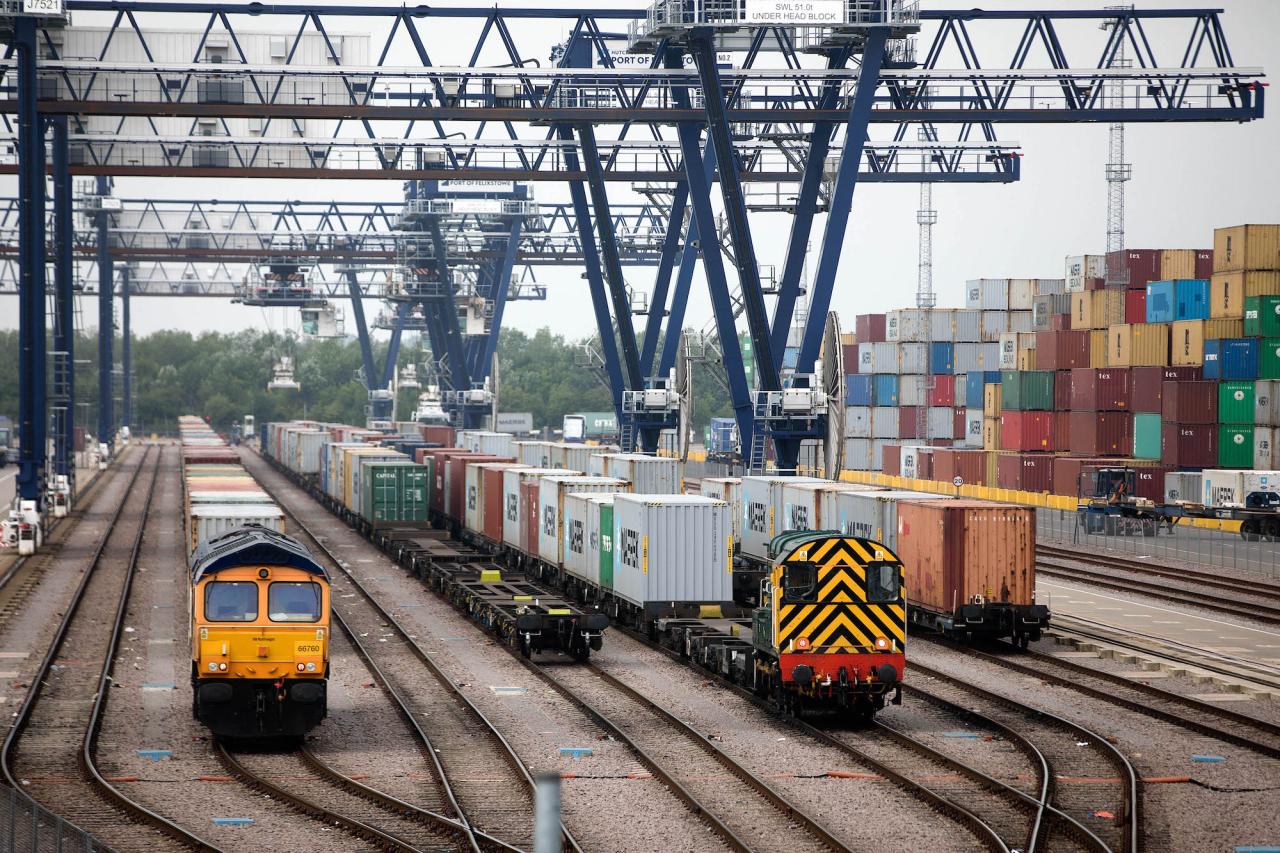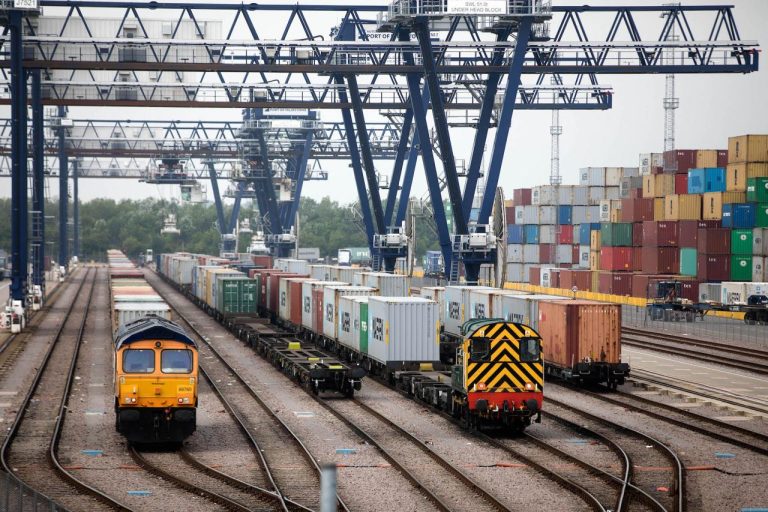In a world that is becoming increasingly interconnected and diverse, the concept of cultural evolution has taken on new significance. As the forces of globalization continue to shape our societies and how we interact with one another, it is crucial to understand how our cultures are evolving and adapting to these changes. From the spread of ideas and technologies to the blending of traditions and values, the age of globalization is ushering in a new era of cultural interchange and transformation. In this article, we will explore the intricacies of cultural evolution in the context of globalization, examining how societies around the world are evolving and how this evolution is shaping our collective future. Join us on this journey as we delve into the complexities of cultural evolution in the age of globalization.

Impact of Globalization on Cultural Diversity
In today’s interconnected world, the phenomenon of globalization has undeniably had a profound impact on cultural diversity. As borders become more permeable and technology facilitates instant communication, the exchange of ideas, beliefs, and practices has become more widespread than ever before. This interconnectedness has led to a blending of cultures, resulting in both positive and negative consequences for traditional ways of life.
Embracing Intercultural Communication
One way to navigate the challenges posed by globalization is by embracing intercultural communication. By actively engaging with individuals from different cultural backgrounds, we not only foster a greater sense of understanding and empathy but also enrich our own perspectives. Embracing diversity and celebrating the uniqueness of each culture can help mitigate the negative effects of cultural homogenization that often accompany globalization.
Preserving Traditional Practices
Despite the homogenizing forces of globalization, it is essential to make a concerted effort to preserve traditional practices. These practices are not only a reflection of a community’s identity and heritage but also serve as a source of cultural richness and diversity. By actively preserving and promoting traditional practices, we can ensure that they continue to thrive in the face of cultural assimilation.
Balancing Adaptation and Preservation
As cultures continue to evolve in the age of globalization, striking a balance between adaptation and preservation is key. While it is important to embrace change and innovation, it is equally crucial to safeguard the integrity of cultural traditions. By finding this delicate balance, we can ensure that cultural diversity thrives in a connected world, allowing for a truly global exchange of ideas and perspectives.
Wrapping Up
As we navigate the complex landscape of cultural evolution in the age of globalization, it is important to recognize the significance of preserving our diverse cultural heritage while embracing the opportunities for cross-cultural exchange. By understanding the ways in which our traditions, beliefs, and customs are evolving in a rapidly changing world, we can work towards creating a more inclusive and interconnected global society. Let us continue to celebrate the richness of our cultural tapestry, while also engaging in dialogue and collaboration to shape a future that respects and uplifts all voices. Together, we can forge a path towards a more harmonious and interconnected world.


